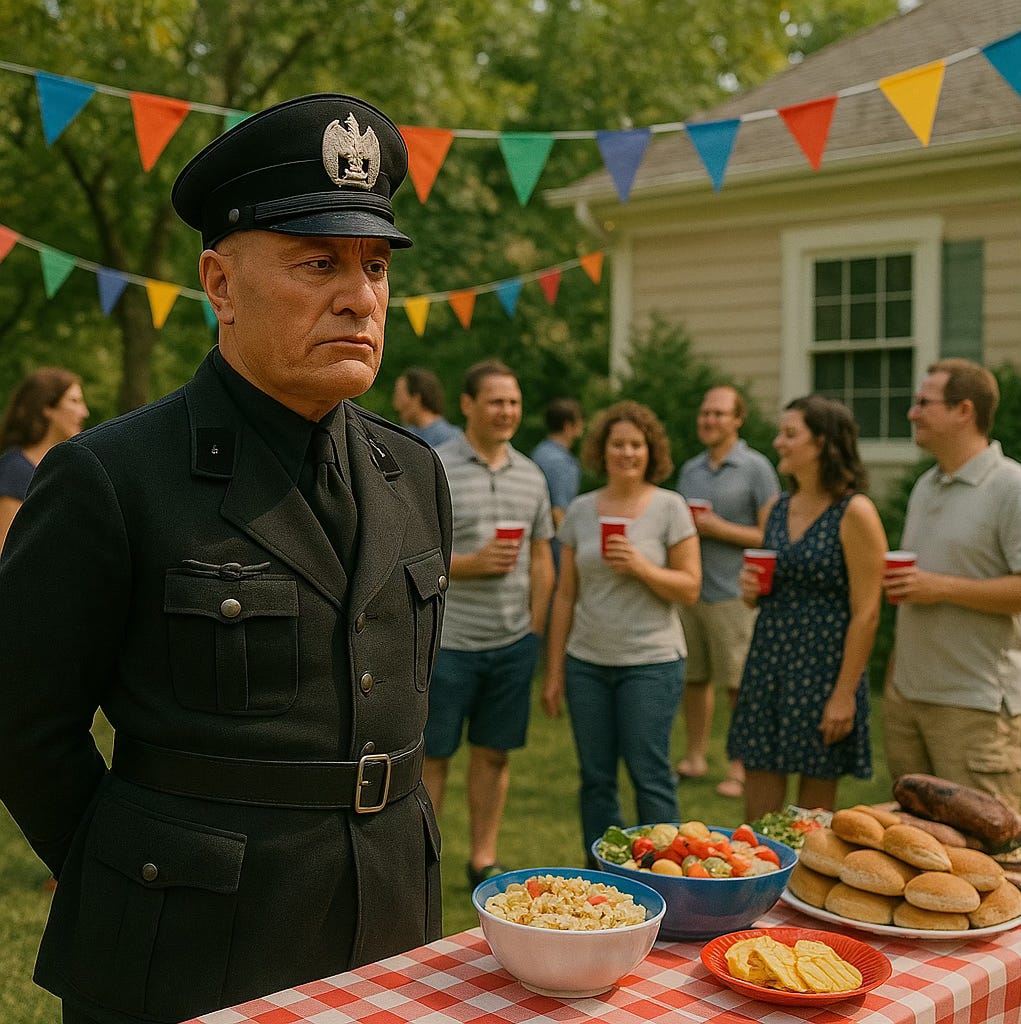The Great Man theory suggests that history can be explained by the impact of highly influential men; that certain qualities — courage, intellect, military prowess, charisma, etc. — enabled them to have an out-sized effect on world events.
It was a very popular theory in the 19th century. See Thomas Carlyle’s On Heros, Hero Worship and the Heroic in History (1840) in which he states (get this):
“…all things that we see standing accomplished in the world are properly the outer material result, the practical realization and embodiment, of Thoughts that dwelt in the Great Men sent into the world: the soul of the whole world's history, it may justly be considered, were the history of these.”
I had an early encounter with “the soul of the whole world” in grade school, as my fellow classmates and I crouched under our desks and folded our hands over our heads. This was during the Cuban Missile Crisis, October 1962. This was an “air raid drill.” Our posture on the floor, we were asked to believe, was our best defense in case of a nuclear blast.
Under my desk, I was not thinking about great men. At that particular moment I was wondering how much longer I would have to smell the floor, and why our teacher had turned out the lights. It seemed unnecessarily dramatic. The solemn quiet of the moment was broken only by Mark van Dyke making sounds of bombs dropping. The ensuing giggling was sternly hushed.
But all humor aside, those six days—from Kennedy’s TV speech on October 22 to the resolution on October 28—were filled with national fear. Parents who kept up with the news felt it, and every child at that time, I’m sure, picked up on it.
I developed then what would now be called an anxiety disorder. I had trouble falling asleep. I had a recurring dream of warheads igniting in the air above my house. And for many days, some version of this thought: Everything I know and love could disappear, utterly and forever, at any moment. I was seven years old.
I’m sorry, but I’ll have to include the threat of nuclear annihilation on the list of realizations and embodiments of the Thoughts of Great Men. Also included in the list: unseemly imperial ambitions; nostalgia for the 19th century; democratic backsliding; single use plastic. I could go on.
I am pretty sure We the People didn’t come up with any of these.
And if the Great Man Theory has a comeback (“I alone can fix it…”) it will need to be rebranded for a more jaded time.
“The Tragically Outsized Influence of Mediocre Men Theory” doesn’t have a catchy resonance, so let me work on that.
I would like to think humanity can rely on something greater than any so-called great man: the strong, enduring power of community. Helping when we can, building bridges instead of walls, forgiving trespasses instead of harboring grudges, choosing kindness over dominance, truth over convenience.
It could be part of a grade school history lesson: how an intrepid group of people work together to secure the blessings of liberty for themselves, now and for the future. Something along those lines.




The Tragically Outsized Influence of Mediocre Men Theory — hahaha! And the items you also attribute to the theory are well chosen. How did you manage to keep the list so short!?
I hope we can learn to direct our energies toward what we want rather than expending so much of it on what we don’t want: rallying for community, bridges, forgiveness, and kindness rather than protesting all that we despise. Thanks for a delightful read, Stewart!
Amen! So well said. Love this!